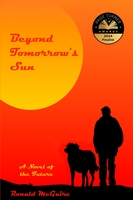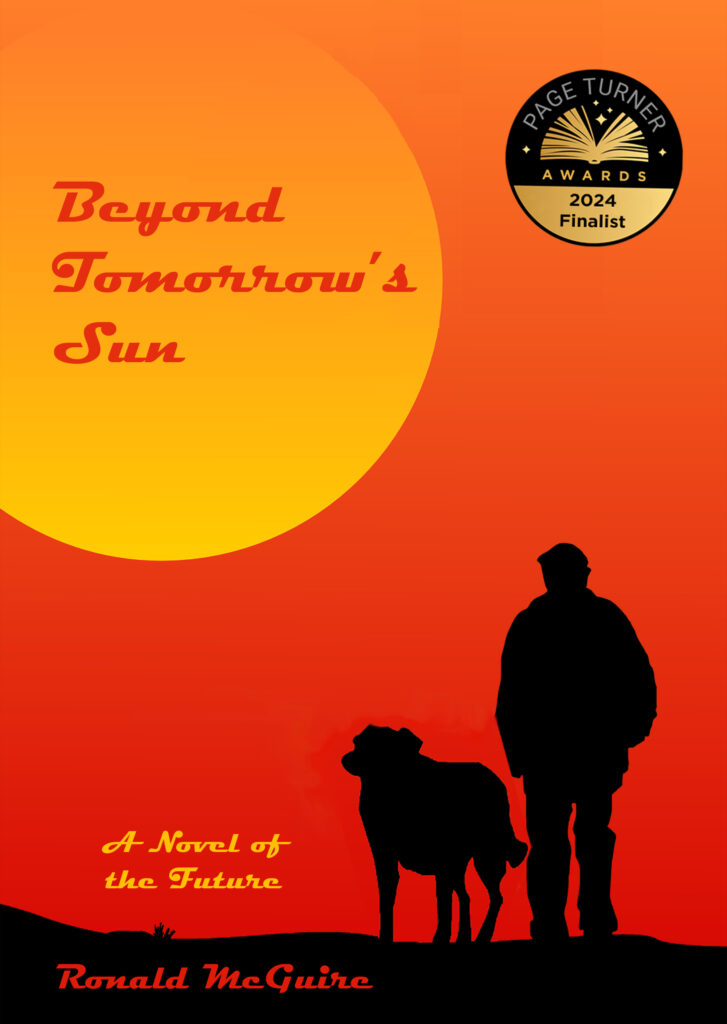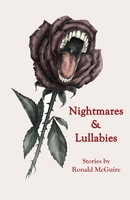[This was the first in a four part series of essays for The Dillydoun Review, sharing my experience to date in the business of writing.]
Writing is not easy, it seldom pays well, and it fills your inbox with rejection. In early 2020, because I’m a glutton for punishment, I decided to write full time.
If I knew then what I know now I would have made the same choice, but with a better strategy.
Because writing is also emotionally rewarding, intellectually stimulating, and can provide a good living for those who persist and hone their craft. As for rejection, it’s like table stakes in a poker game. If you can’t manage the baseline bet, you should sit out the game.
With that said, I am no expert. I did write for a major news outlet years ago, but that was a side job to my real job. Since last year, I’ve completed three novels, a book of poetry, a script for a TV pilot, and have a growing collection of short stories.
In my first year I made every mistake a rookie writer can make, and it’s possible I invented some new ones. The last six months have gone much better.
I’m not a rookie anymore.
What do I have to show for all this you ask? Good question.
My first script was a finalist in a TV Pilot competition, my self-published novel (under a pen name) was a finalist in another competition and cracked the Top 100 in its genre on Amazon (#98 briefly), and I’ve had several short stories accepted for publication. I have one novel in the hands of a publisher right now, another one just completed, and I have begun querying agents.
So far I’ve made exactly zero dollars.
The Big Payoff for me is experience.
I learn best from hands-on experience. Now I’m on this journey and I’d like to share some of what I’ve learned so far.
Let’s start with the most basic – Do The Work.
It sounds simple, but many aspiring writers never write, and for active writers, writing is haphazard and filled with distractions.
I spent years dreaming of being a novelist, and I didn’t write a single word toward my goal, mostly out of fear and self-doubt.
Your dream of being a writer won’t materialize if you don’t sit down, put your fingers on the keyboard, and type. Hemingway wrote his first drafts in pencil, so that works too.
As new writers, the odds are already against us in this business. But there are ways we can start to tilt things in our favor.
I’ve found the three most important things for me are having a dedicated space to work, blocking out distractions, and setting a writing a schedule (and sticking to it).
I work in the afternoon, six hours per day minimum, on average.
This includes research, querying agents, or submitting to publishers, contests and literary magazines. Mornings are for strong coffee, light reading, and walking the dog. In the evening, I do more research and a lot of brainstorming.
Yet I still struggle.
My schedule was recently obliterated by a piece of mail. Its contents presented a frustrating problem, but not an urgent one.
I spent ninety minutes of my afternoon dealing with it.
Then I spent the rest of the day trying to refocus on writing. I got next to nothing done. It felt awful.
I didn’t properly prioritize my time and I paid for it with a lost afternoon.
If I’m to have any hope of succeeded as a writer I have to learn to be selfish with my time, my space, my priorities, and my writing.
Because a loss of focus can cost even more time by allowing loads of errors to sneak into my work.
The less focused I am, the more likely I am to make mistakes I will fail to find and fix later.
The most insidious of these are typos. I am a self-taught typist, so I make a lot of typos.
For the record, spellcheck is not your friend and auto-correct is your declared enemy.
Spellcheck won’t tell you when you’ve typed “form” instead of “from” and it won’t tell you when auto-correct changed a mistyped “decided” to a correctly spelled, but wrong, “denied.”
These tools are unreliable. They are often a hinderance. Plus, I tend to read right through typos and incorrect words, my mind filling in where my eyes refuse to see.
I’m not saying, ‘don’t use them,’ I’m saying, ‘don’t trust them.’
I learned this the hard way when I wrote my first novel and decided to self-publish. I ran spellcheck and grammar check, fixed what was found, and sent the manuscript off to The Land of E-Book Publishing.
When I loaded the ebook into my reader, I discovered it was filled with typos. I stopped counting at 47, across 42 chapters. One was in the opening paragraph. It wouldn’t have mattered if no one had downloaded the book. But they had, and I was embarrassed.
Don’t trust automated tools, ever.
Reread, reread, then reread some more. If you have someone in your life to proofread your work, or can afford to pay someone, consider yourself lucky.
My solution is to reformat my text every time I read it.
Change the font, the spacing, the borders, or even print the work if it’s not too long. If it’s a novel, I export it as an EPUB and read it on my favorite device. Think of it like driving down a bumpy road, then driving down the same road after it’s been repaved. Same road, different experience.
When I do this, I’m more likely to catch my errors and correct them before anyone else sees my work. It’s not a perfect system, but I’ve gotten good results from it.
In the end, writing is editing and editing is writing. I allow myself one exception to this rule. I try to avoid extensive editing while writing a first draft, whether it’s a novel or flash fiction, or anything in between. I like to capture my thoughts, finish the story, and clean up the words later.
Whatever I write, I expect to edit and revise until the work is polished.
Here’s another useful tip: take some time between each pass. A day, a week, a month, you’ll figure out over time what length of break works for you.
Work on something else, read a book, improve your third-person bio, or research publishers, agents, journals, and competitions. Create some space to let your mind forget some of what you just wrote, then come back to it and edit with fresh eyes.
Since you’ve read this far, I’ll leave you with a final thought.
Don’t believe everything you read about writing.
People like to Tweet quotes by famous writers, and Hemingway’s missives are no exception. The attributions are often wrong, or the words taken out of context.
Hemingway is often quoted as saying, “Write drunk, edit sober.”
I’d argue that’s objectively bad advice.
According to Katherine Firth, Hemingway never said it. What he wrote in A Moveable Feast was:
‘…my training was never to drink after dinner nor before I wrote nor while I was writing’ (p.61).
You can see the difference.
The internet, and book stores, are loaded with advice for writers and a lot of it is good. But even the good advice won’t always be a good fit for you, and the bad advice can send you on some costly detours. Consider the source, take what works for you, leave the rest.
I said I was no expert, but after 18 months of full time writing and research, I know where to find a few experts.
Below are links to some websites I’ve found useful. If you’ve been writing for a while you know them already. If not, they make terrific companions for your writing journey.
To sum it all up, work hard, be selfish with your time and attention, write-edit-repeat, take advantage of the help that’s out there, trust yourself, and learn from your mistakes.
You got this.
Writer’s Digest: workshops, free downloads, how-to articles, competitions, you name it, they’ve got it, and most of it is free. https://www.writersdigest.com
Winning Writers: one of the Writer’s Digest 101 Best Websites for Writers, they’ve got a focus on competitions and a massive list of links to great resources for writers, everything from advice, to literary forums, to ways to spot scams targeting writers. https://winningwriters.com
Alliance of Independent Authors: This should be your first stop if you’re considering self-publishing. There’s a LOT here, just like the two websites above, but one of the most useful things you’ll find is their ‘Best Self-Publishing Services’ list. If you read nothing else before you self-publish, review this list. https://selfpublishingadvice.org/best-self-publishing-services/
Lit Rejections: A site with stories, quotes and a blog about literary rejection, it also has some great interviews as well as information about literary agencies. If none of that sounds useful, at least visit and take a look at the collage of book covers from best sellers that were initially rejected. It’s eye opening. http://www.litrejections.com
Authors Publish Magazine: Everything is free on this site and their email newsletter is filled with great information, but not overloaded. They research publishers and provide links to one that are open for submission, with a healthy does of paying markets. https://authorspublish.com





